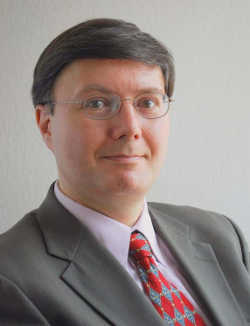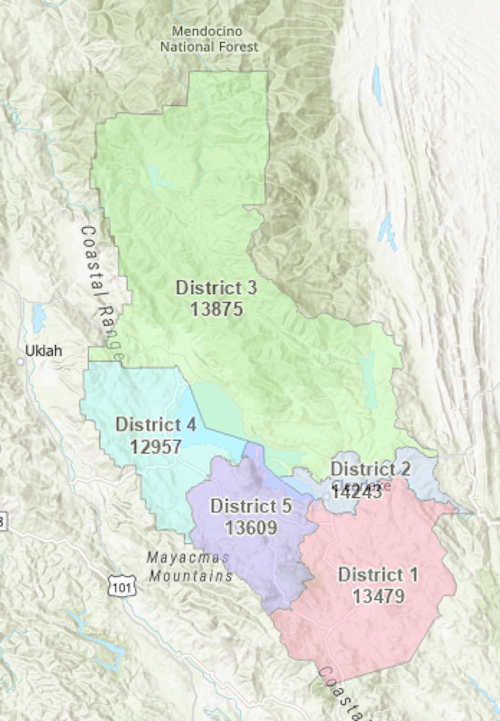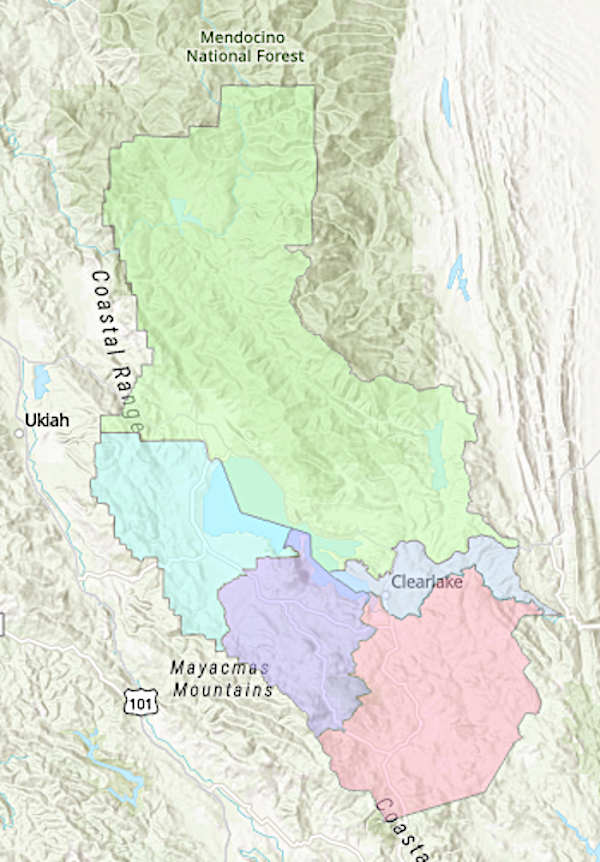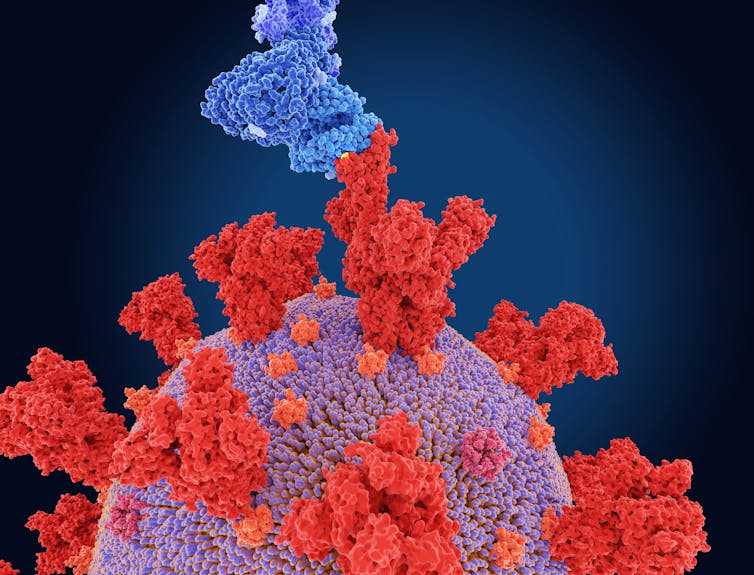- DENNIS FORDHAM
- Posted On
Estate Planning: Medi-Cal planning and resource limits

Anyone receiving community based Medi-Cal or long term (skilled nursing) Medi-Cal is familiar with the stringent, long-standing nonexempt asset limitations for eligibility (i.e, $2,000 in available, countable nonexempt assets for a single individual).
Two recent developments affect present day and future Medi-Cal eligibility planning for persons either already receiving or applying for Medi-Cal.
First, the federal Center for Medical Services, or CMS, renewed and extended the Public Health Emergency, or PHE, to Jan. 16, 2022.
The PHE protects continued receipt of benefits for existing Medi-Cal beneficiaries even if they receive assets in excess of their resource allowance during the public health emergency.
During the period of the public health emergency existing beneficiaries receiving Medi-Cal for long term care can gift away excess resources without creating any penalty period after the term of emergency ends.
CMS will provide a 60-day notice before the end of the public health emergency.
Moreover, any federal stimulus payments received can be spent or gifted either within the PHE period, or up to 12 months from date of stimulus receipt, whichever time frame is later. Such timely gifting does not have any negative impact on Medi-Cal eligibility.
Second, under recent California legislation, effective July 1, 2022, the nonexempt asset limitations for community based Medi-Cal, for long term (skilled nursing) Medi-Cal, and for certain other programs, increases from $2,000 (for a single individual) to $130,000.
An additional $65,000 exemption is allowed for each family member who lives in the beneficiary’s household, up to 10 family members.
Thus, as of July 1, 2022, a Medi-Cal beneficiary with two family members could retain $260,000 in nonexempt assets. Who qualifies as a family member still remains is yet to be defined. It will include a person’s spouse and children under age 21, but may also include others.
Furthermore, pending federal approval, California plans to altogether abolish the asset Medi-Cal requirements altogether on or after Jan. 1, 2024.
The limited income requirements, however, will still apply to eligibility both for community based Medi-Cal and for share of cost determination for long term care Medi-Cal.
The above changes present both planning challenges and opportunities for existing and future Medi-Cal recipients (other than those receiving Expansion Medi-Cal).
Existing Medi-Cal beneficiaries with excess resources will need to consider whether to spend down or gift excess assets before the end of the PHE (or 12 months from the receipt of stimulus moneys) or, if possible and desirable, perhaps to transfer part or all of such excess assets into a first party special needs trust.
Family members whose estate planning includes special needs trusts to receive future gifts for beneficiaries on Medi-Cal may wish to reconsider that approach. That is, it may then no longer be necessary or desirable to use a special needs trust depending on what asset limitations (eligibility) and the facts and circumstances apply at the time the gift is made in the future (under the new rules).
The analysis requires consideration of the size of the additional (disqualifying) assets received, family circumstances and goals, when any excess (disqualifying) assets are received (in relationship to July 1, 2022 or January 1, 2024), and whether the beneficiary can afford to temporarily lose Medi-Cal eligibility until when he or she can again qualify — either after July 1, 2021 or possibly after January 1, 2024.
These changes do not affect persons who receive so-called Expansion Medi-Cal under the Affordable Care Act. Eligibility for Expansion Medi-Cal is based on a person’s Modified Adjusted Gross Income (so-called, “MAGI” Medi-Cal) presently not exceeding $1,482/month (for 2021).
These changes also do not affect anyone who receives Supplemental Security Income benefits subject to the $2,000 per individual, and $3,000 per couple, asset limitations on SSI eligibility.
The foregoing discussion is not legal advice. Anyone confronting these Medi-Cal eligibility issues should consult with a qualified attorney for guidance regarding their particular facts and circumstances.
Dennis A. Fordham, attorney, is a State Bar-Certified Specialist in estate planning, probate and trust law. His office is at 870 S. Main St., Lakeport, Calif. He can be reached at This email address is being protected from spambots. You need JavaScript enabled to view it. and 707-263-3235.












